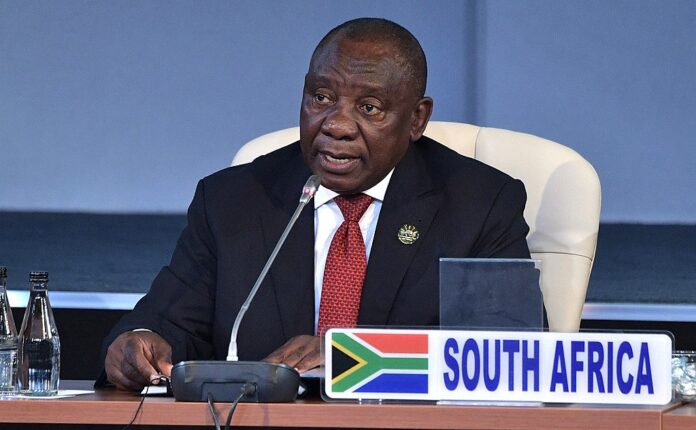The Basic Education Laws Amendment (BELA) Bill, aimed at enhancing education governance, faces criticism from opponents who argue it undermines school autonomy
President Cyril Ramaphosa is poised to sign the Basic Education Laws Amendment (BELA) Bill into law, marking a significant development in South Africa’s education sector. Scheduled for enactment, this bill is designed to bolster governance within the education system, focusing on improving administrative efficiency and oversight.
The BELA Bill introduces several key changes to the current education framework. It proposes adjustments to the roles and responsibilities of school governing bodies (SGBs) and parent-teacher associations, aiming to streamline decision-making processes and enhance accountability. Proponents argue that these changes are necessary to address inefficiencies and ensure that schools are better managed and more transparent.
The bill has sparked considerable debate, with critics alleging that it represents a form of political interference in the education sector. They argue that the new regulations could undermine the autonomy of school governing bodies and the role of parents in educational decision-making. The opposition, particularly the Democratic Alliance (DA) and other concerned groups, have voiced strong objections, threatening legal action if the bill becomes law.
Embed from Getty ImagesAt the heart of the controversy is the concern that the BELA Bill centralizes power within the national government, potentially sidelining local stakeholders who are directly involved in the day-to-day running of schools. Critics assert that this could diminish the effectiveness of school governance by reducing the influence of parents and local communities.
The potential legal challenge from the DA and other opponents underscores the contentious nature of the bill. The DA has indicated that it might seek judicial intervention to block the enactment of the BELA Bill, arguing that it could infringe upon constitutional rights related to education governance and local authority.
Despite these concerns, the South African government, led by President Ramaphosa, maintains that the BELA Bill is a necessary step towards improving the quality of education and ensuring that schools operate under more rigorous and standardized governance frameworks. The government’s stance reflects its broader commitment to enhancing educational outcomes and addressing systemic issues within the sector.
As President Ramaphosa prepares to sign the bill into law, the future of South Africa’s educational governance remains uncertain. The outcome of any potential court challenges could significantly impact the implementation of the BELA Bill and shape the direction of education policy in the country.
Analysis
Political: The BELA Bill represents a significant political move by President Cyril Ramaphosa’s administration to centralize control over education governance. By enhancing national oversight, the government aims to standardize school operations and improve accountability. However, this approach has drawn criticism from opposition parties, particularly the DA, which argues that the bill undermines local autonomy and parental involvement. The potential legal battles and political pushback underscore the contentious nature of this legislative move, highlighting the ongoing struggle between central and local authorities in South Africa’s political landscape.
Social: The BELA Bill’s impact on social dynamics within the education sector is substantial. By potentially reducing the influence of school governing bodies and parent-teacher associations, the bill may alter the way educational decisions are made at the local level. This shift could affect the relationship between schools, parents, and the community, potentially leading to decreased engagement and dissatisfaction among stakeholders who feel sidelined by the new governance structure. The bill’s enactment may also influence public perception of the government’s commitment to participatory governance and community involvement in education.
Racial: The BELA Bill does not directly address racial issues but could have indirect effects on educational equity. Centralizing control over education governance might exacerbate existing disparities if the new regulations do not adequately address the needs of historically disadvantaged communities. Ensuring that the bill’s implementation includes measures to promote equity and inclusion will be crucial to prevent widening the gap between different racial and socio-economic groups in the education system.
Gender: The BELA Bill’s impact on gender dynamics within the education sector is likely to be minimal, as the primary focus is on governance and administrative efficiency. However, the changes in school governance might affect gender representation in school decision-making processes if local governing bodies and parent associations have less influence. Ensuring that women, who often play a significant role in these bodies, continue to have a voice in educational governance will be important for maintaining gender balance and inclusivity.
Economic: Economically, the BELA Bill could influence the allocation of resources and funding within the education sector. By centralizing governance, the government aims to streamline administrative processes and potentially reduce inefficiencies. However, the effectiveness of these changes will depend on the implementation of the bill and its impact on school management and resource allocation. If successful, the bill could lead to more efficient use of educational funds and improved outcomes, contributing positively to the broader economic landscape by enhancing educational quality and workforce readiness.
